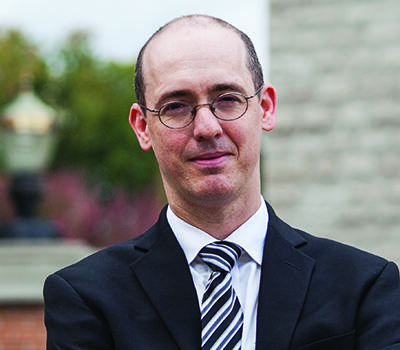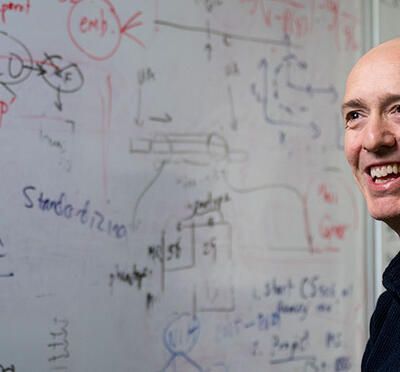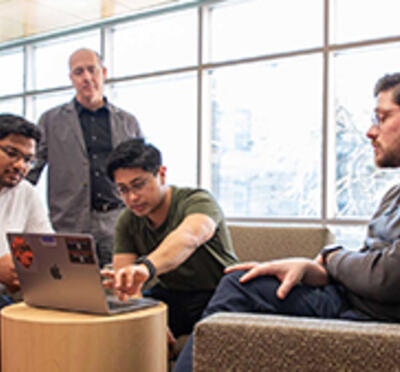
Stephen Ramsey
208A Dryden Hall
Corvallis, OR 97331
United States
Bioinformatics, computational biology, precision medicine, knowledge graphs
Following his graduate training, Stephen trained as a postdoc in computational genomics at the University of Washington. As a scientist at the Institute for Systems Biology and the Center for Infectious Disease Research, Stephen worked on computational methods for mapping gene regulatory networks. At OSU, Stephen holds a dual appointment in the Department of Biomedical Sciences (Carlson College of Veterinary Medicine) and in the School of Electrical Engineering and Computer Science. Stephen's work has been recognized by multiple awards including an NIH Career Development Award, a PhRMA New Investigator Award, an NSF CAREER award, and the Zoetis Award.
Related Podcasts


